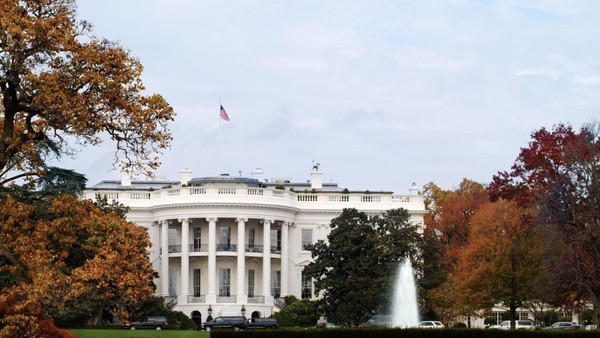
The Trump administration’s memo, directing federal agencies to delay rule making, likely carries no legal weight with independent agencies, such as the NCUA and the CFPB; but the agencies risk the political wrath of the new president if they don’t fall in line.
Earlier this year, former NCUA Chairman Michael Fryzel said any administration would expect that independent agencies would comply with such directions. Subsequently, Fryzel became a member of the Trump Administration’s “landing team” for the NCUA.
Legally, the NCUA is not subject to such a directive from the administration, said an attorney whose practice focuses on such issues.
“I don’t think it applies to the NCUA,” said Alan Kaplinsky, the leader of the Consumer Financial Services Group at Ballard Spahr, a law firm. The same is likely true at the CFPB, he said. However, he added that President Trump may decide that he has immediate power over the CFPB based on a recent appellate court decision.
“It is possible that Trump, nevertheless, may consider the CFPB to be an executive agency,” Kaplinsky said.
The CFPB already is under tremendous fire from many members of Congress, said Carrie Hunt, NAFCU’s executive vice president of government affairs and general counsel.
On Friday, White House Chief of Staff Reince Priubus sent a memo to executive agencies directing them to temporarily postpone rule making. The administration asks agencies to impose a 60-day delay on most rules that executive agencies have published, but have not taken effect. The document is not an executive order and only asks that federal agencies impose the delays.
The Congressional Research Service has said that such orders or memos generally exempt independent agencies.
However, practically, agencies may follow them to stay out of trouble, said former NCUA Chairman Dennis Dollar.
“While my understanding is that independent agencies are not required to follow such an executive order, an agency like NCUA ignores it at its own peril,” Dollar said.
Dollar also said that the current makeup of the board could result in a moratorium, he said.
The board currently has two members—Democratic Chairman Rick Metsger and Republican Mark McWatters. McWatters already has said he favors a regulatory moratorium, Dollar said.
It could be quite some time before the administration has its team in place at the NCUA, Dollar said.
“The question is for how long – normally it would be until the new administration has its chair and majority in place at the agencies and boards. That could be several months,” Dollar said.
A panel of judges on the U.S. Circuit Court of Appeals for the District of Columbia has ruled that the makeup of the CFPB is unconstitutional, since it is governed by a single director.
The appeals court has defined the agency as an executive department, but the ruling has been stayed as the agency has asked for a ruling by the full D.C. Circuit Court of Appeals.
Hunt pointed out that a regulatory moratorium at the CFPB could result in the delay of final rules governing mandatory arbitration agreements in financial and employment contracts.
An NCUA spokesman said the agency is reviewing the memo; the CFPB did not respond to a request for comment.


